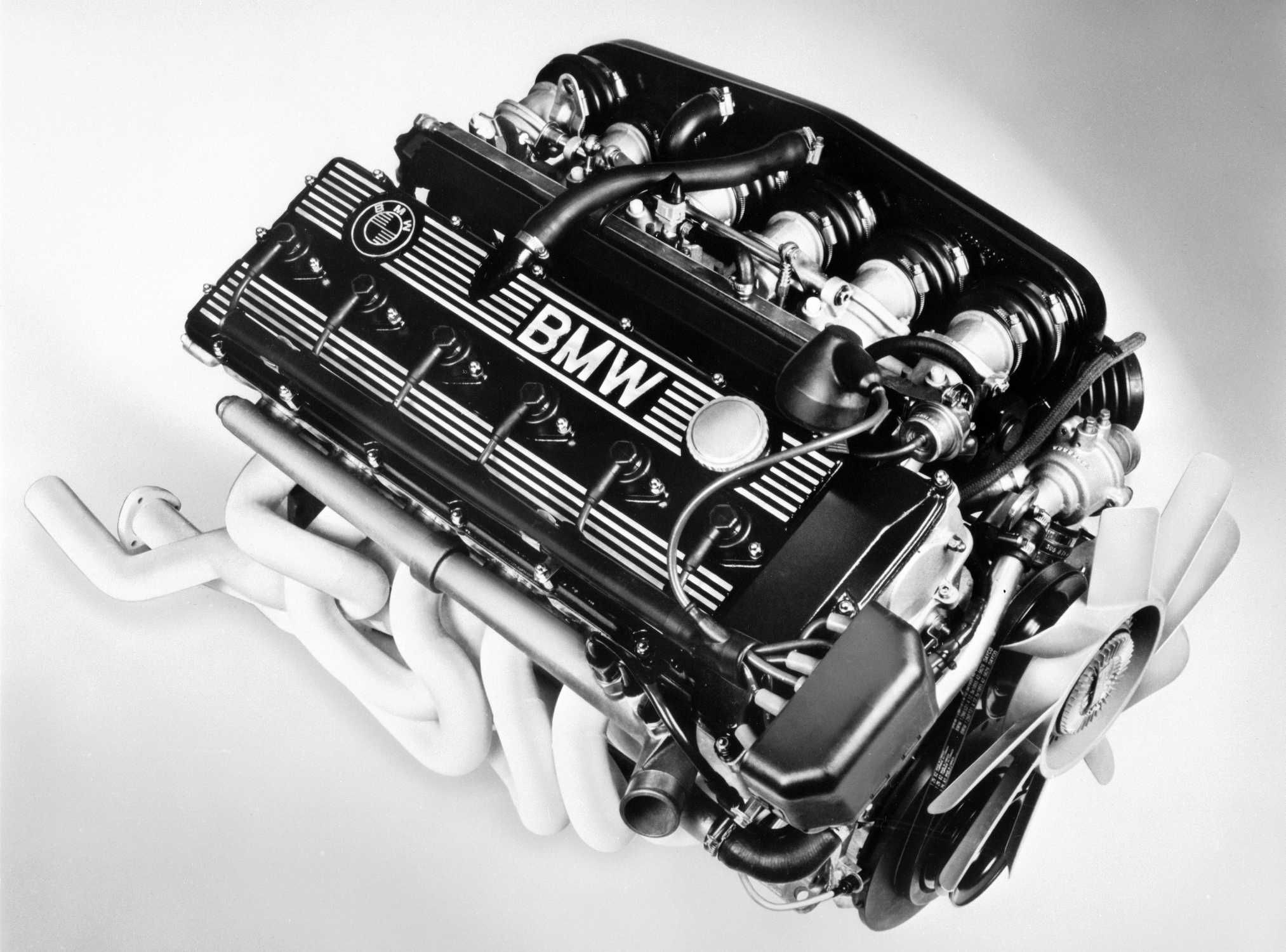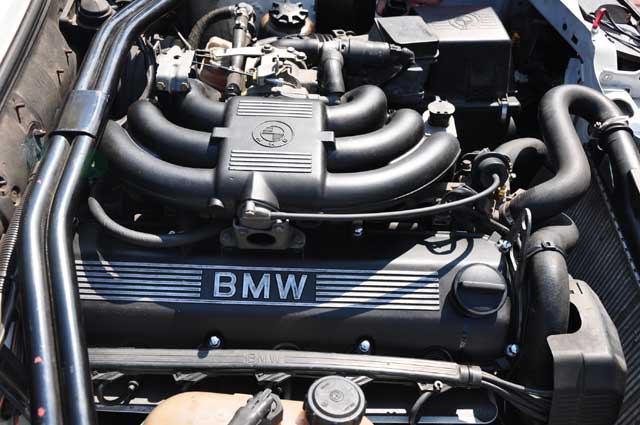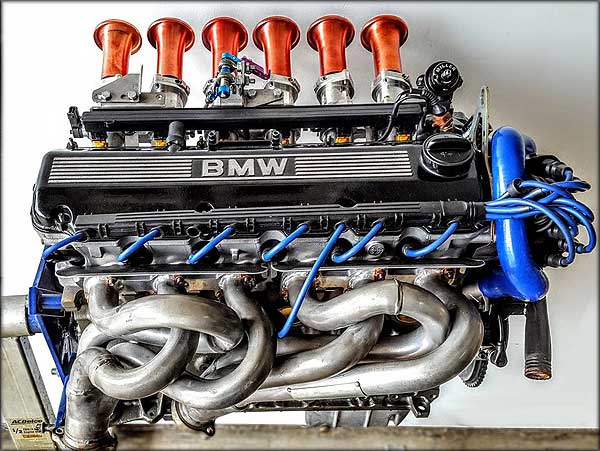Top 5 BMW Engine Technologies Transforming the Automotive Industry
Top 5 BMW Engine Technologies Transforming the Automotive Industry
Blog Article
Revealing the Intricacies of Next-Generation Power Units: a Deep Study Advanced Engine Advancements and layouts
As we stand on the precipice of a brand-new age in transport, the intricacies of next-generation engine styles bid us to explore the cutting-edge technologies and innovations that guarantee to redefine the driving experience. Digging deeper into the worlds of exhaust control, smart engine administration systems, and the perspective of power device development, we find ourselves on the cusp of an improvement that promises to reshape the landscape of movement as we understand it.
Evolution of Engine Materials

The change towards progressed engine materials has actually likewise enabled designers to develop engines with greater power outcomes while preserving fuel effectiveness criteria. For instance, the use of light-weight products lowers the overall weight of the engine, bring about enhanced gas economic situation and lower discharges. Additionally, developments in materials innovation have enabled much better thermal monitoring within engines, causing raised reliability and longevity.
Turbocharging and Supercharging Technologies
How do Turbocharging and Supercharging Technologies revolutionize engine performance and performance in modern-day lorries? Turbocharging and supercharging are innovations that significantly boost engine efficiency by raising the amount of air intake right into the combustion chamber. Turbocharging achieves this by utilizing a turbine driven by exhaust gases to pressurize the intake air, while supercharging uses a belt- or chain-driven compressor to accomplish the very same result.
These modern technologies allow smaller sized, much more fuel-efficient engines to create power comparable to larger ones, referred to as downsizing. By forcing even more air right into the cylinders, turbo charging and turbocharging enhance combustion effectiveness, resulting in raised horsepower and torque result without a substantial increase in engine dimension. This results in far better acceleration, lugging capability, and overall driving efficiency.
Additionally, turbo charging and turbocharging add to enhanced gas effectiveness by allowing the usage of smaller engines that eat much less fuel under typical driving problems - bmw engine. This combination of improved efficiency and efficiency has actually made turbocharging and supercharging integral elements of many modern-day engine styles
Emission Control and Environmental Impact
With raising worldwide issues concerning air high quality and environmental sustainability, the application of discharge control modern technologies in cars plays an essential function in reducing dangerous pollutants launched right into the atmosphere. Modern lorries are equipped with advanced discharge control systems that assist lessen the environmental impact of automobile operations. Catalytic converters, for example, are created to transform toxic gases such as carbon monoxide gas, nitrogen oxides, and hydrocarbons right into much less dangerous compounds like co2 and water vapor.
Additionally, developments in engine technology, such as the combination of exhaust gas recirculation systems and careful catalytic decrease, have substantially added to reducing exhausts. These technologies operate in tandem to enhance combustion performance and lessen the launch of unsafe toxins right into the air. Furthermore, the advancement of hybrid and electric lorries stands for a critical action in the look at this website direction of lowering the total environmental impact of the transportation market.
Intelligent Engine Monitoring Systems

In addition, these systems make it possible for automobiles to fulfill stringent discharges standards without endangering efficiency, offering a more eco-friendly driving experience. The assimilation of expert system and artificial intelligence abilities in engine monitoring systems remains to press the borders of what is feasible, bring about further enhancements in efficiency, integrity, and total car performance. bmw engine. As automotive modern technology advances, intelligent engine go to this website management systems will certainly play a critical role fit the future of transportation towards a more reliable and lasting instructions
Future Trends in Power Unit Growth
As smart engine management systems lead the means for enhanced control and optimization in contemporary automobiles, future fads in power system growth are poised to redefine the landscape of vehicle propulsion technologies. Among the crucial patterns driving technology in power system growth is the shift in the direction of electrification. With a boosting emphasis on sustainability and decreasing carbon emissions, hybrid and electrical powertrains are coming to be extra prevalent in the automotive industry. These alternate source of power supply boosted efficiency and performance while straightening with strict environmental laws.
An additional considerable trend is the assimilation of advanced products and manufacturing strategies. Light-weight products such as carbon fiber and aluminum are being utilized to reduce general car weight, boosting gas effectiveness and efficiency. Additionally, advancements in 3D printing and additive manufacturing are making it possible for the production of complex engine components with greater precision and sturdiness.
In addition, expert system and artificial intelligence are playing a crucial duty in maximizing power device efficiency. These innovations permit real-time Going Here monitoring and flexible control, resulting in a lot more trusted and reliable power distribution. On the whole, future patterns in power device advancement are tailored towards sustainability, performance, and effectiveness, driving the automobile sector towards a new period of propulsion innovations.

Final Thought
In conclusion, the advancements in engine products, turbocharging, emission control, and intelligent monitoring systems have paved the means for next-generation power devices. The detailed designs and developments in modern engines showcase the recurring development of automotive modern technology.
Checking out the dynamic improvements in engine products has been pivotal in improving the performance and efficiency of modern engines. Over the years, the evolution of engine materials has played an essential role in pushing the boundaries of what engines can attain.The change in the direction of advanced engine products has likewise enabled engineers to make engines with greater power results while preserving gas efficiency requirements.The implementation of smart engine management systems in contemporary automobiles has transformed the way engines are regulated and maximized for performance and effectiveness. By collecting information in real-time and analyzing it with sophisticated formulas, smart engine administration systems can adapt to driving styles, ecological aspects, and engine health and wellness to make the most of power output while minimizing gas usage and emissions.
Report this page